It takes bravery, resilience, and a whole lot of time and energy to heal childhood wounds. Whether you just started last week or have been doing it for years, know that you’re doing one of the best things you can for yourself. You’ll end up with happier, more fulfilling relationships. That being said, progress is hard to track while you’re in the thick of it. Recognizing the signs that you’re making progress in healing is important. You’ll want to celebrate these when you notice them because you put a lot of work in to get here.
1. You understand your triggers.

In case you don’t already know, triggers are reminders of past pain that can be very upsetting. Everyone has different triggers, from a specific song to an object or place. Being triggered often feels like a panic attack, with an increased heart rate, sweaty palms, and the fight-or-flight instinct kicking in, Medical News Today explains. If you’re able to recognize what objects, places, people, or phrases trigger you, you’ve already made a lot of progress. It’s even better if these triggers don’t upset you as much as they used to.
2. You can have healthy conflict with loved ones.
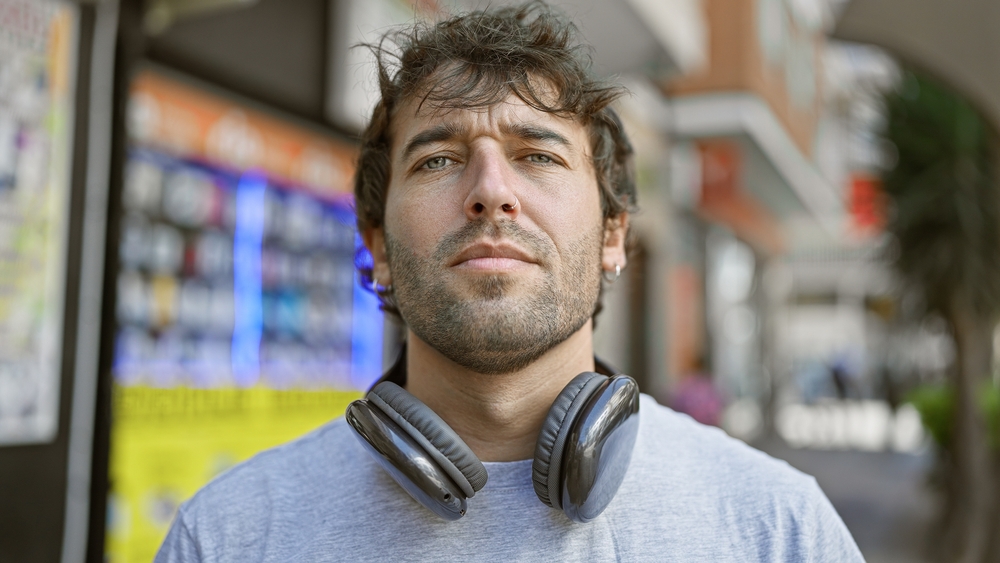
People with childhood trauma frequently struggle with conflict. Even a minor disagreement can feel like an all-or-nothing situation. But conflict is a healthy and expected part of being human. After an argument or disagreement, do you feel calm and resolved? If so, you’ve made steps toward healing. It’s natural to feel a little shaken, but you don’t want to be constantly ruminating or worrying that a misunderstanding means the end of your relationship. Finding people to practice healthy conflict with can be very helpful.
3. You see yourself as a whole person.
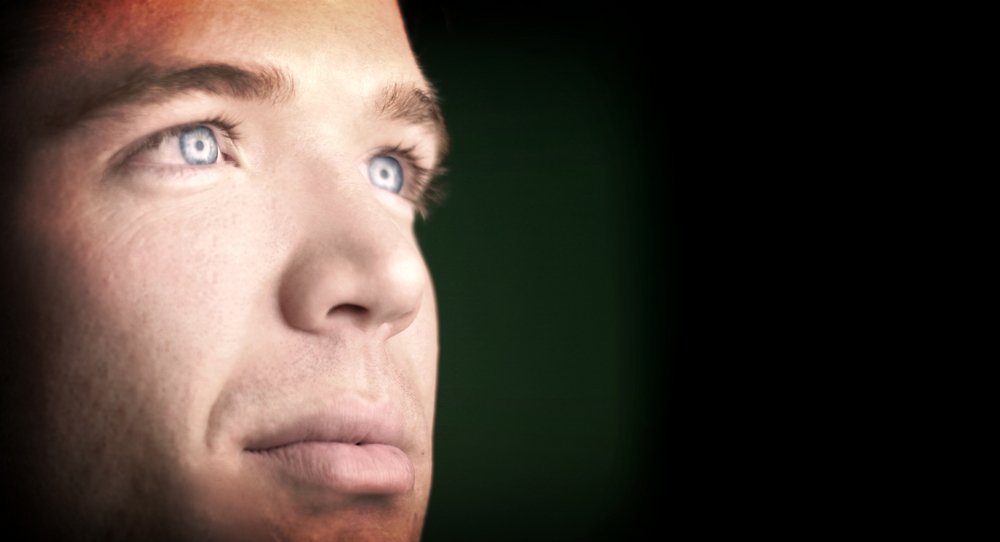
With all your quirks, interests, hobbies, and relationships, you’re more than just one thing. You may have grown up focusing only on your mistakes or how you could appease your family, but as an adult, it’s powerful to be able to see yourself in all the ways that you exist. Having a well-rounded view of who you are helps build confidence. This can also mean changing the narrative of your childhood to one that feels more empowering to you.
4. You can name and understand your feelings.
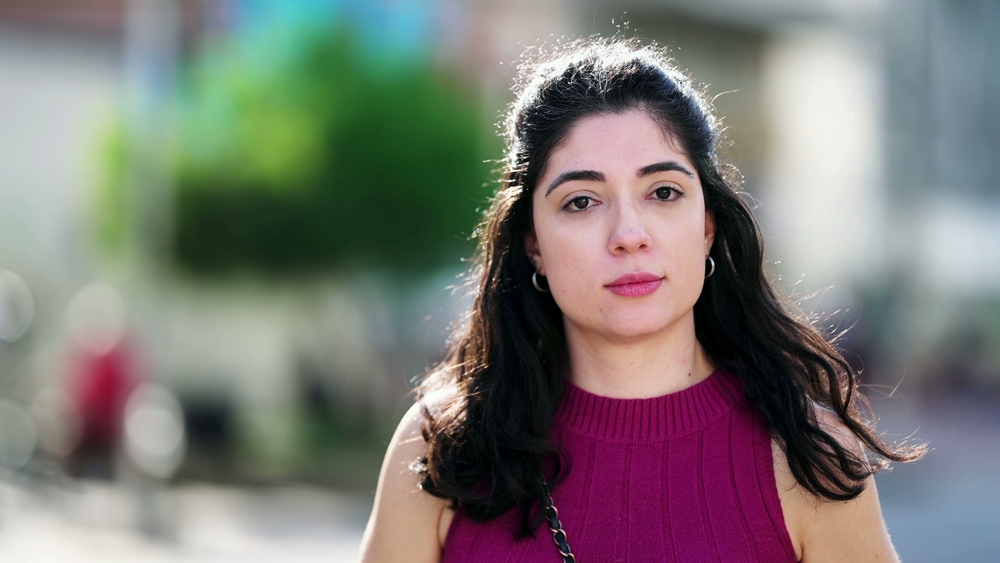
Emotions are fickle, sticky creatures. While they may affect you a lot, they can be very difficult to name. It’s even harder to understand where they’re coming from or how best to address them. Being able to name your emotions is a powerful way to further healing. You can use this to identify where they might come from. Named feelings might be easier to deal with and less overwhelming, helping with emotional regulation.
5. You engage in mindful reflection.
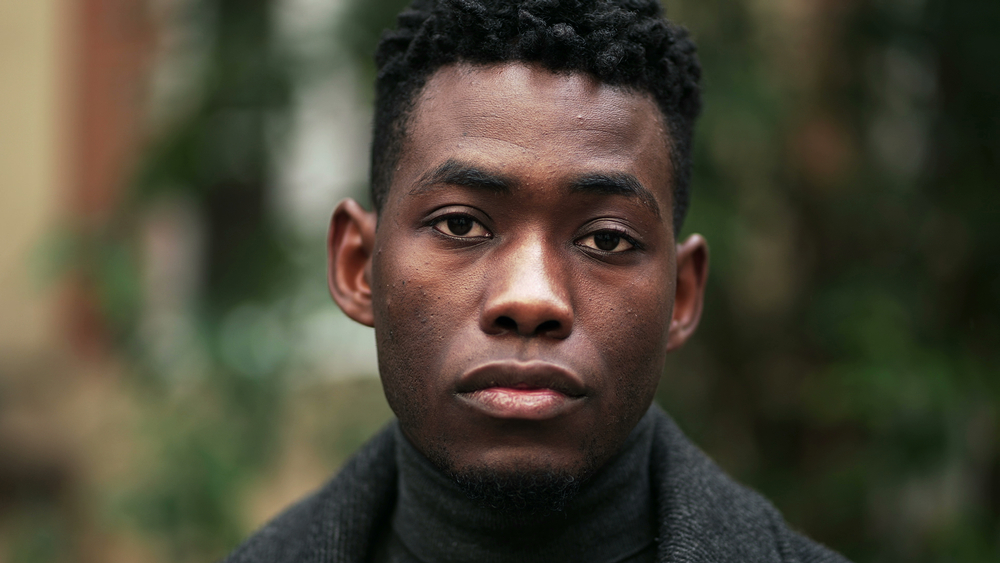
Mindfulness is not just about yoga and journaling. It means being aware of what you’re feeling and how you’re showing up each day. If you have childhood wounds, you might be used to just pushing through to the next event, activity, or deadline, but healing requires slowing down. Could you ask yourself why you make certain choices? What you’re proud of in your day, and what could have gone better? Reflecting helps keep you present and grounded.
6. You don’t always second-guess yourself.
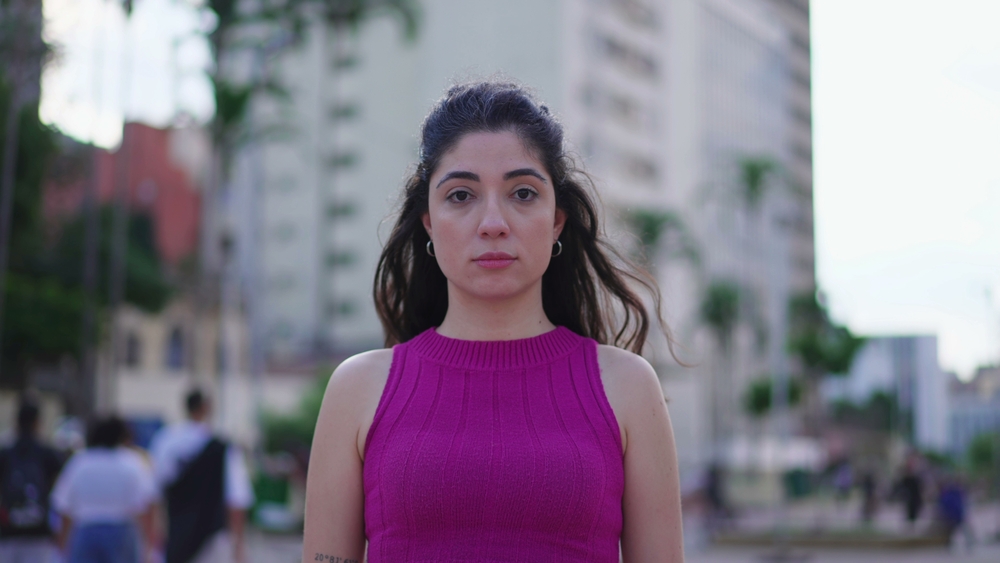
Confidence takes time to build. You might have grown up constantly checking yourself, worrying that you did or said the wrong thing. It’s hard to live constantly worried about messing up. If you make a decision, no matter how small, and don’t spend a lot of time fretting about it, that’s a good sign. Being confident in your work and how you interact with others is also progress. Learning to trust in yourself, rather than always relying on the feedback of others.
7. Your body is less tense.
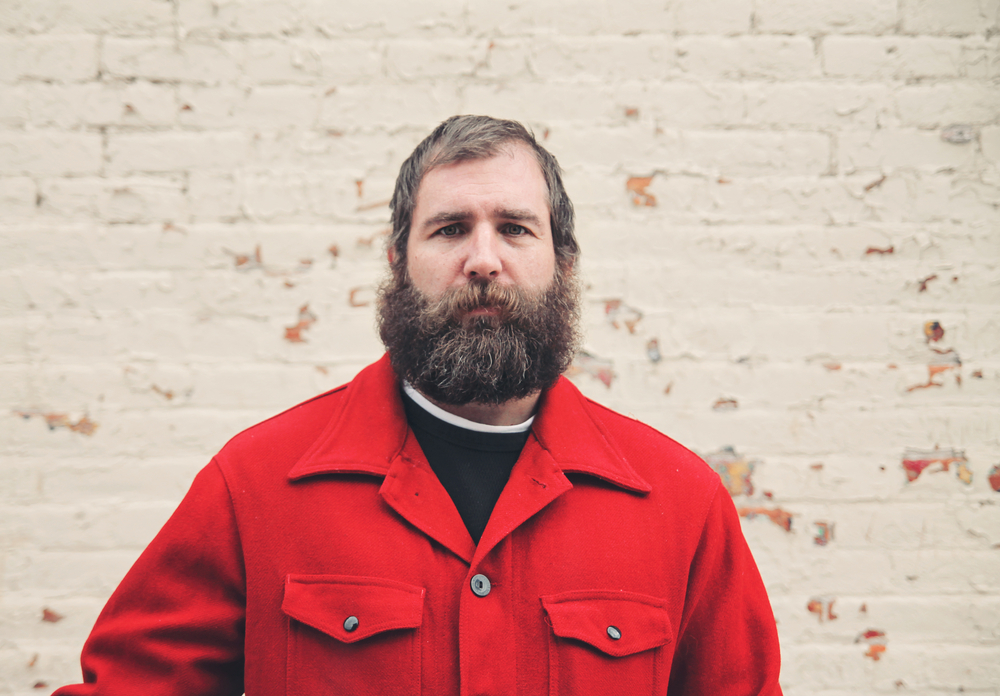
Are your shoulders relaxed? Your jaw unclenched? Does your breathing feel smooth? Our bodies carry a lot of the anxiety and stress that we feel each day. Part of healing is letting your body relax, telling it that there is no danger, and that it’s okay to rest. You’ll notice less neck and shoulder pain, fewer headaches, and more ease in moving your body around. Mindful practices are a great way to help your body settle down.
8. You’ve learned how to set and maintain boundaries.
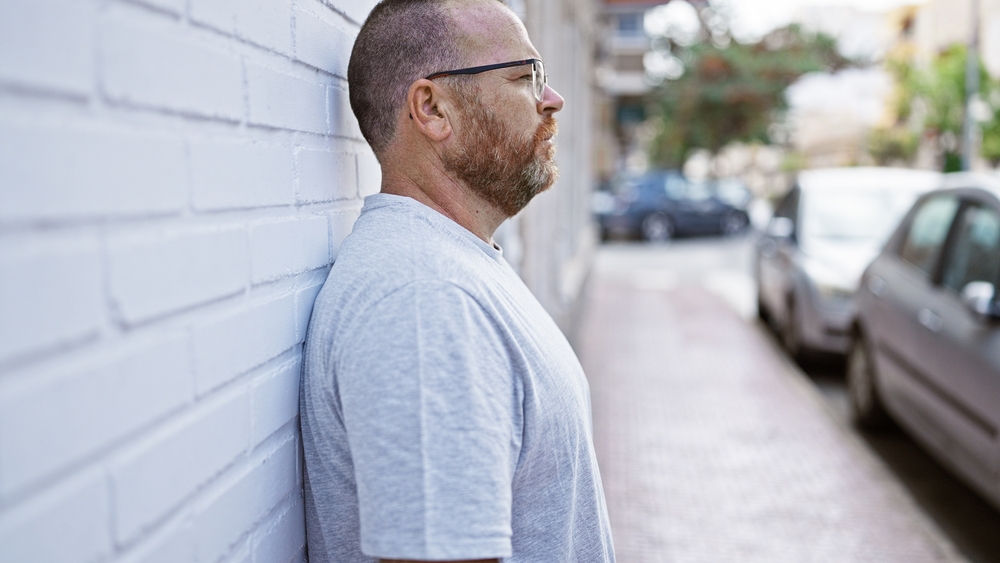
Boundaries can often be a source of conflict for those with childhood wounds. And as you know, conflict is really hard. But if you’re able to set clear boundaries with others, you’re taking great steps. Maybe you turn off work notifications when you go home at the end of the day. Or you have topics your partner has agreed to avoid. There are many ways to set boundaries. You should be able to do so without shame or fear.
9. You feel safe with loved ones.

Safety is an emotion that’s tricky to identify. You might be able to feel it and just know, but sometimes you have to pay attention to other signs. Your body feels more relaxed. You aren’t constantly looking for the exit. You feel like you can share your emotions without fear of being berated. Feeling safety with people you hold dear takes a lot of work, and you should be proud of that.
10. You actively look for new relationships and opportunities.
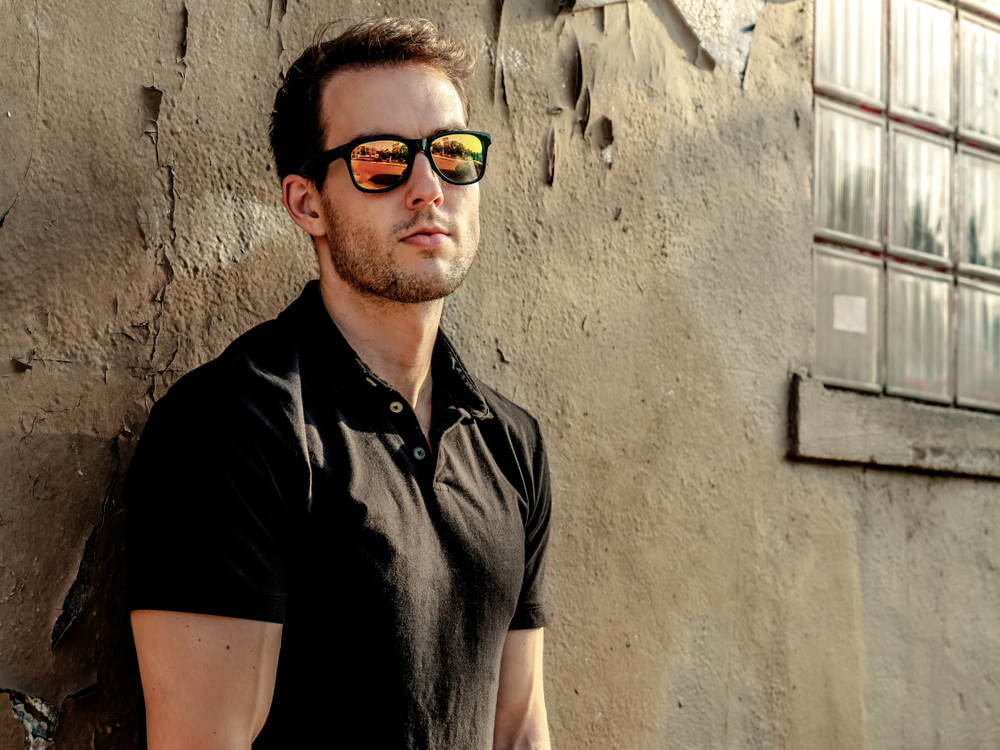
Gone are the days of staying inside, not going out with friends and staying at jobs you hate. Gaining confidence and security in your healing often means putting yourself out there more. You find work that feels fulfilling. You actively try to strengthen relationships with friends, and find new friends or partners if you want to. You’ll create a community that feels safe and supportive.
11. You ask for help when you need it, without shame.
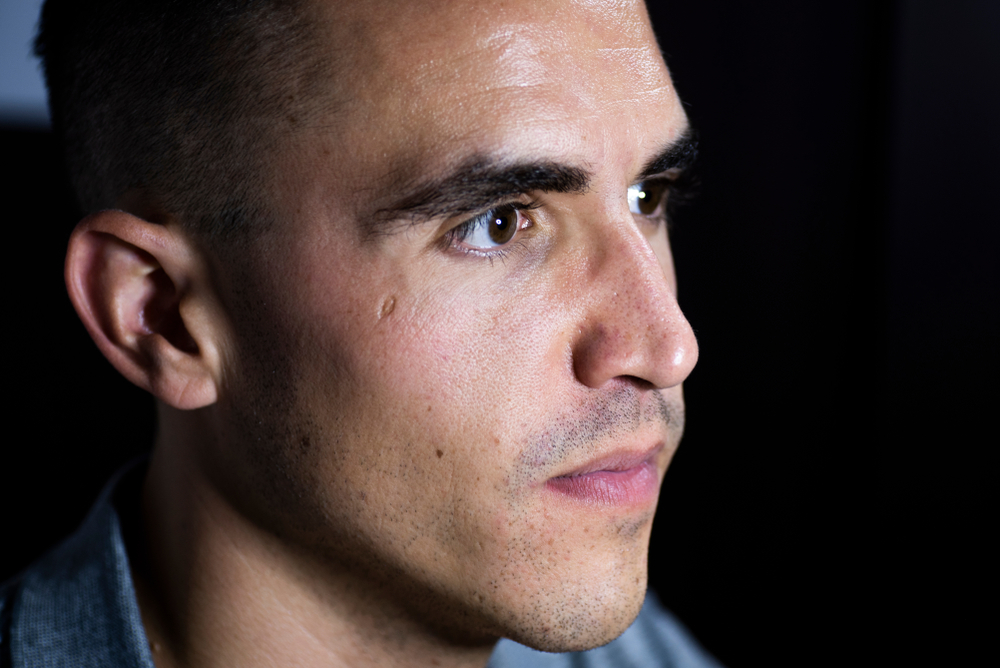
The “without shame” part is really important. Many people can ask for help, but can you do it without feeling like you owe the other person or are putting an undue burden on them? If so, give yourself a pat on the back. Needing help is intrinsically human. We are social creatures, and regularly rely on each other in numerous ways. Listening to your needs and voicing them to others is a valuable skill.
12. You’re able to find joy in play.
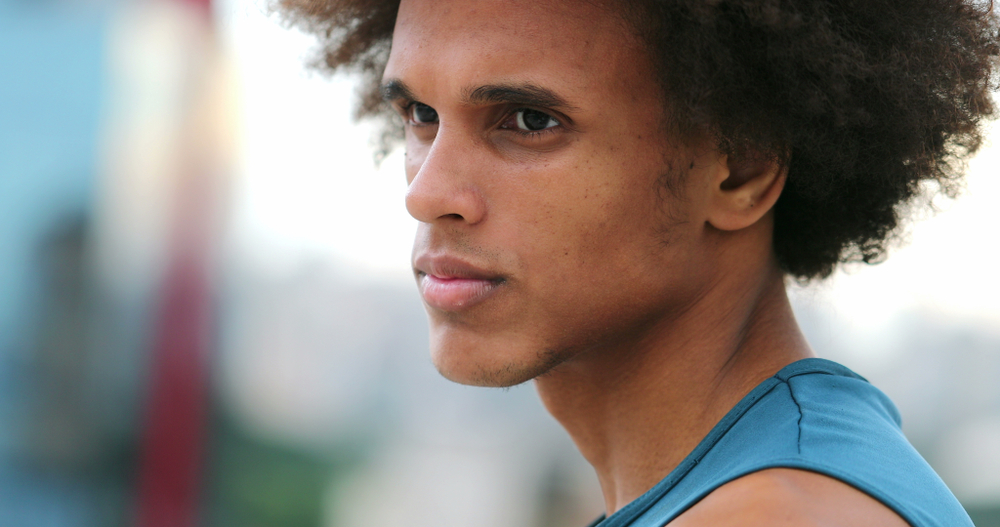
Play looks different for everyone. Some people prefer video games, while others like walks in the park. Anything that brings you joy and isn’t an item on your to-do list can be considered play. Healing childhood wounds means meeting the needs of your inner child, and children love playing. So do those puzzles, read your favorite genre of books, or go to the movies with friends. If it makes you feel happy, it’s probably helping you.
13. You don’t minimize your pain anymore.
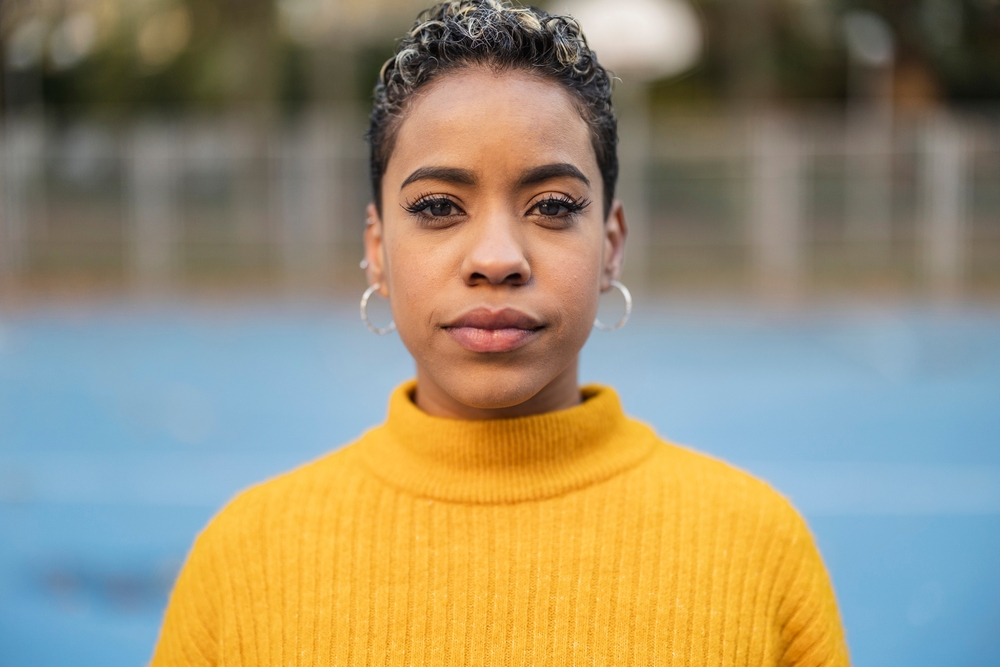
Maybe you used to make jokes about your trauma or try to laugh it off whenever someone would ask about it. But now you know that your pain is very real, and it’s important to take it seriously. You cry when you need to and let yourself feel sad. This is true for childhood pain and stressors you experience every day. Taking your emotions seriously will make it easier to feel and identify them.
14. You let yourself make mistakes.
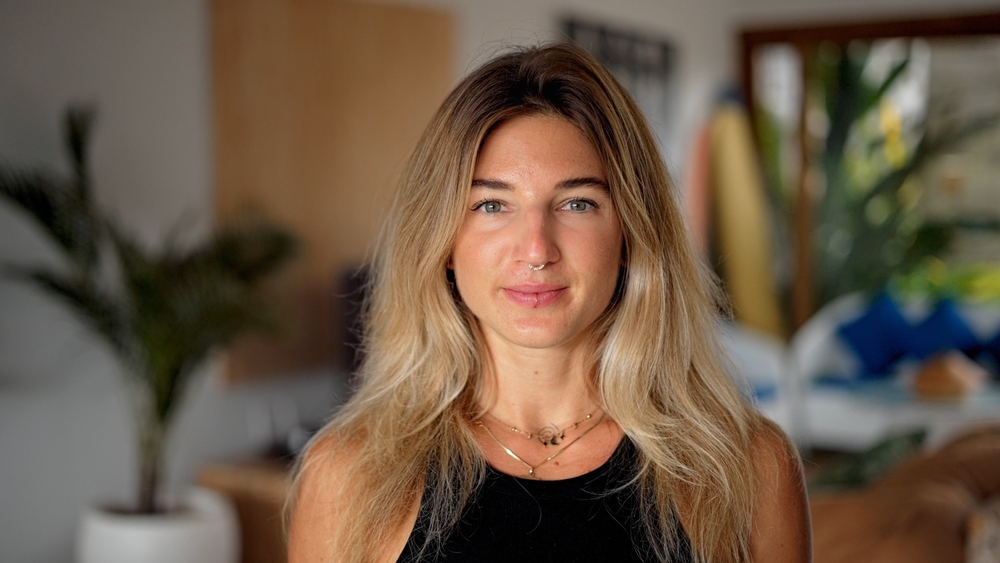
Just like with conflict, mistakes can often feel like the end of the world. But if you can screw something up and not go into an anxiety-spiral about it, you’ve probably healed more than you think. From small things like a dropped cup to big things like losing out on a significant contract at work, it’s ok to make mistakes. You should feel safe to give yourself grace and compassion in these moments.
15. You communicate your needs and desires.
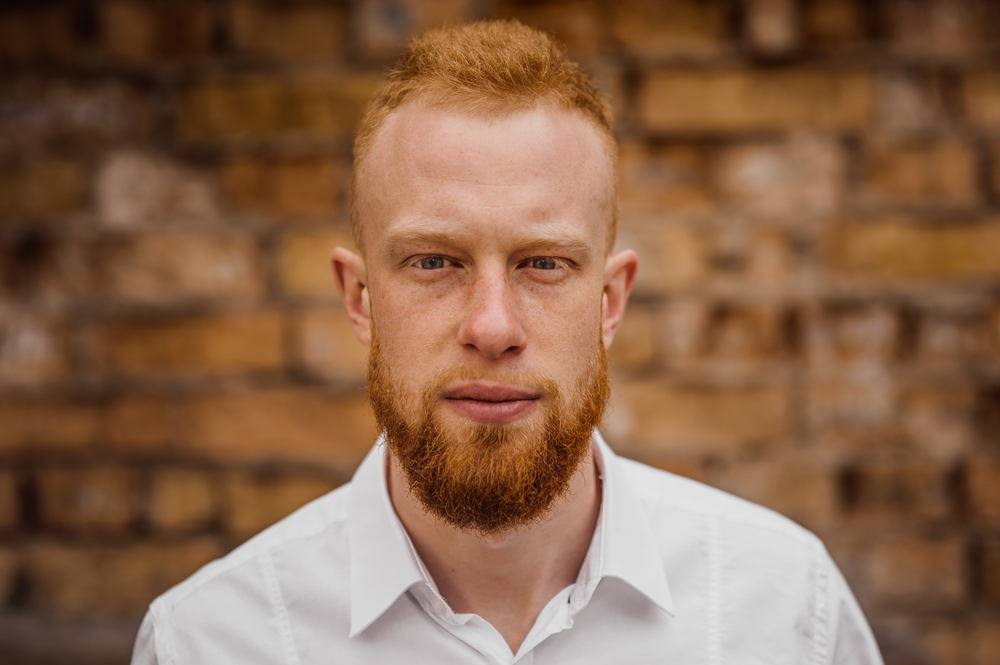
While boundaries help you protect yourself and meet your needs, it’s also important to be able to share things you want on a daily basis. You won’t always get what you want, and that’s ok. But do you feel safe enough to ask for it? Do you stand up for yourself at work or with friends? Usually, you’ll find that this strengthens your relationships and helps you feel more fulfilled.
16. You know that healing is a journey, not an endpoint.

Childhood wounds never seem to fully close, no matter how much work you do. If you’ve acknowledged that you still have work to do and are practicing ongoing healing, you’re in a better spot than if you’re just gunning for the finish line. You’ll have setbacks, and you’ll have periods of strong growth. Both are a part of the healing journey. If you stick with it, you’ll notice more and more of these signs in your life. Plus, happiness and comfort will come more easily to you.
Enjoy this piece? Give it a like and follow PsychLove on MSN for more!



